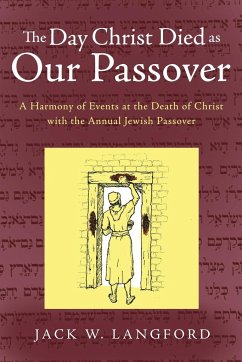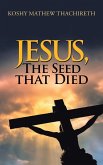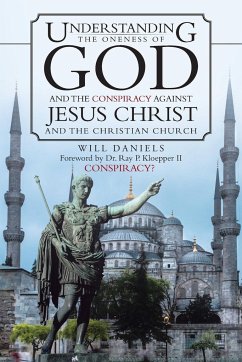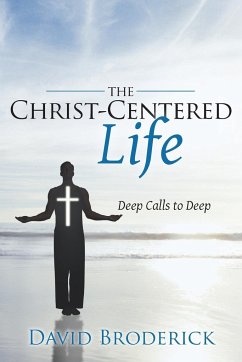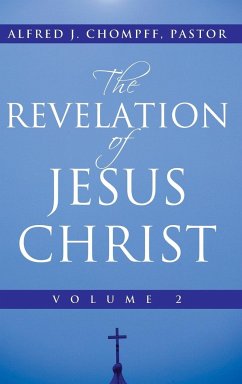The subject of which day Christ died began to be hotly debated a few hundred years after His death. In the council of AD 325, the leaders of the Roman "Imperial Church" thought it to be in the best interest of the Church to disassociate their ritual celebration of the death and resurrection of Christ, which they now called "Easter," away from the annual Jewish Passover event. They actually wanted to divert attention from the Jewishness of Jesus. In doing so, these "fathers" guided Christendom away from the biblical reality as expressed by Paul-"Christ our Passover was sacrificed for us" (1 Corinthians 5:7). This error has been locked into the celebration for over 1,600 years, not only by the Roman Catholics, but also by most of Protestantism. This is a fresh study which will have some surprises for most students of the subject, due to the controversy surrounding the chronology. It will re-align the death of Jesus Christ squarely upon the biblical setting of the Passover theme as presented in the gospels. Above all, it will demonstrate beyond any shadow of a doubt that the four gospels harmonize perfectly on the subject. It also establishes that Christ died precisely on the eve of Passover, when the lambs were being sacrificed in the Temple services. This Bible study will - Enrich our appreciation of the Divine arrangement in redemption. Demonstrate the flawless consistency of the biblical record. Correct Christendom's traditional day celebrating Christ's death. Strengthen the Christian's new freedom in Christ.
Hinweis: Dieser Artikel kann nur an eine deutsche Lieferadresse ausgeliefert werden.
Hinweis: Dieser Artikel kann nur an eine deutsche Lieferadresse ausgeliefert werden.

